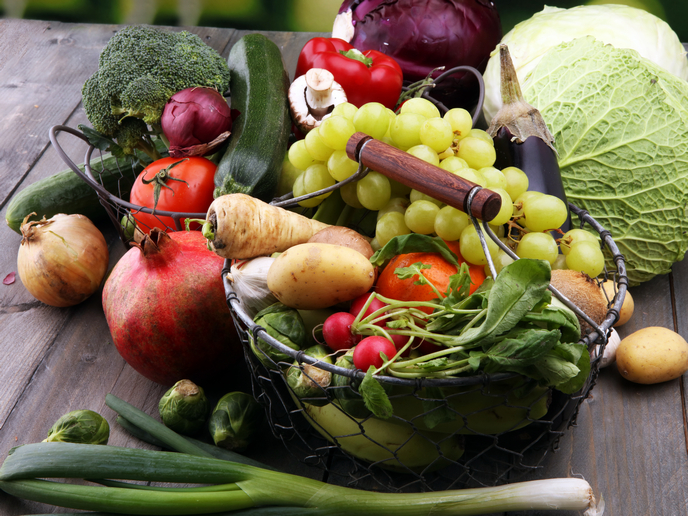An organic fertiliser that’s good for the environment – and crop yields
With the global population expected to surpass 10 billion by 2050, food security is shaping up to be one of the century’s biggest challenges. To feed this many people, farmers must significantly increase yields – but how? On the one hand, there are synthetic fertilisers. Although these fertilisers excel at increasing yields, using them comes at a devastating environmental cost. On the other hand, there are organic products like bio-fertilisers, which are environmentally safe but are more expensive and less effective than their chemical-based cousins. Now, thanks to the EU-funded BIOTA project, farmers no longer need to choose between yield size and environmental sustainability. “We developed an organic fertiliser produced using a natural, circular manufacturing process that is adaptable to all types of farms,” says Peter Klein, founder of Biota Nutri(opens in new window), the project’s lead partner. “Not only does this innovative product encourage plant growth, it also makes them resilient to disease without needing to use harmful pesticides.”
Rewriting the rules
Wanting to support a circular economy(opens in new window) and ensure that the products have a very low footprint, researchers focused on converting nitrogen into nitrate. According to Klein, in many places, nitrogen pollution is just as much of a problem as carbon pollution. “That’s why we developed an innovative process to produce nitrogen fertiliser from waste nitrogen sources,” he explains. “In fact, our process uses 90 % less CO2 and energy than what’s required to produce chemical fertilisers.” The result of this process is BIOTA, an organic, 100 % plant-based liquid fertiliser that can be quickly absorbed to stimulate growth and ensure high nutritional values. “During a trial with lettuce, crops grown using BIOTA had the same yield as crops grown using chemical fertilisers,” notes Klein. BIOTA isn’t only good for crop yields, it’s also remarkably good for the environment. According to testing, researchers estimate that the large-scale use of nitrate-based organic fertilisers could cut nitrogen pollution in half. Furthermore, its production process would reduce energy use by 1.2 % worldwide. “Organic fertilisers have long been the missing link to achieving true organic farming,” adds Klein. “As an organic fertiliser, BIOTA is rewriting the rules.”
Only a matter of time…
According to Klein, this EU project proved that one can feed the world using organic, sustainable fertilisers. “It’s just a matter of time before farmers all over the world will be able to replace chemical fertilisers with organic ones and achieve higher, sustainable yields,” he concludes. Having proved the technical and market feasibility of its concept, researchers are now working to raise the funds needed to build a nitrate production plant to begin the large-scale production of BIOTA fertilisers.







